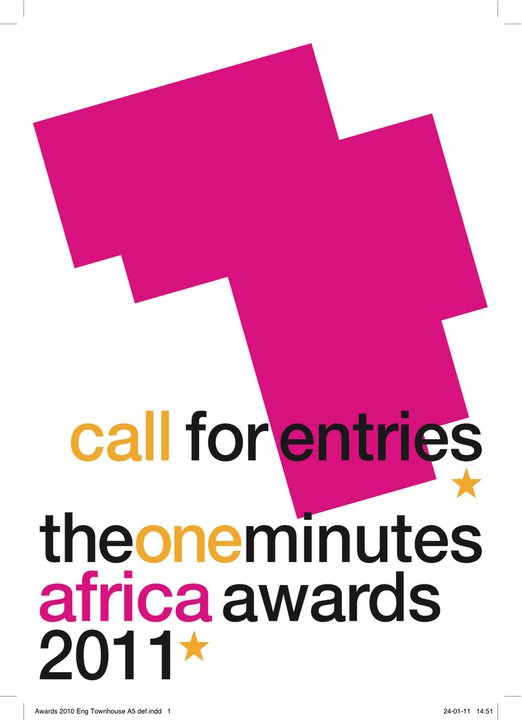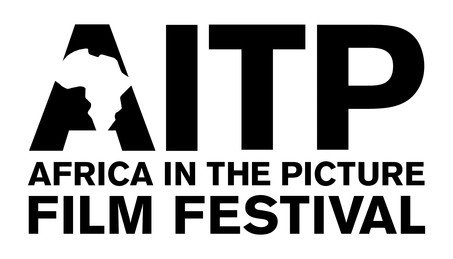Next Journalism:
film
Call for Articles: ‘Travelling’ in Asian, African and Latin American Cinema (Many Cinemas Magazine)
Submit Your Film: Zanzibar International Film Festival (Tanzania)

National Geographic Multimedia Grant for Minority-Culture Storytellers

New York-Based Tigrinya Translator Wanted for Documentary
Poetry Projection Project: Call for Entries Worldwide
Call for Entries: 2011 Focus Features’ Africa First (Film) Program

Applications to the Jerusalem International Film Lab now Open
Apply for The Jan Vrijman Fund for Creative Documentaries and Documentary Events in Developing Countries
Call for Films: Minority Voices Program (funded by European Union)
Call for Filmmaker Application: 4th Talent Campus Durban

6th Lola Kenya Screen Call for Film Submissions
Call for Applications: Greenhouse Mediterranean Documentary Film Development Program (Algeria/ Egypt/ Morocco/ Tunisia)
2011 Africa in Motion Short Film Competition
Call for Entries: The One Minutes Africa Awards 2011

Call for Entries: Africa in the Picture Film Festival

Apply for the Sundance International Documentary Film Program (up to $20,000)
Call for Films: 21th Cairo International Film Festival For Children

Apply for the €100,000 World Cinema Fund (eligible regions: Africa, Near/ Middle East)
Call For Film from Queer Women of Color Filmmakers (California)
Young People Against AIDS: $2,500 Scenarios from Africa Film Contest

